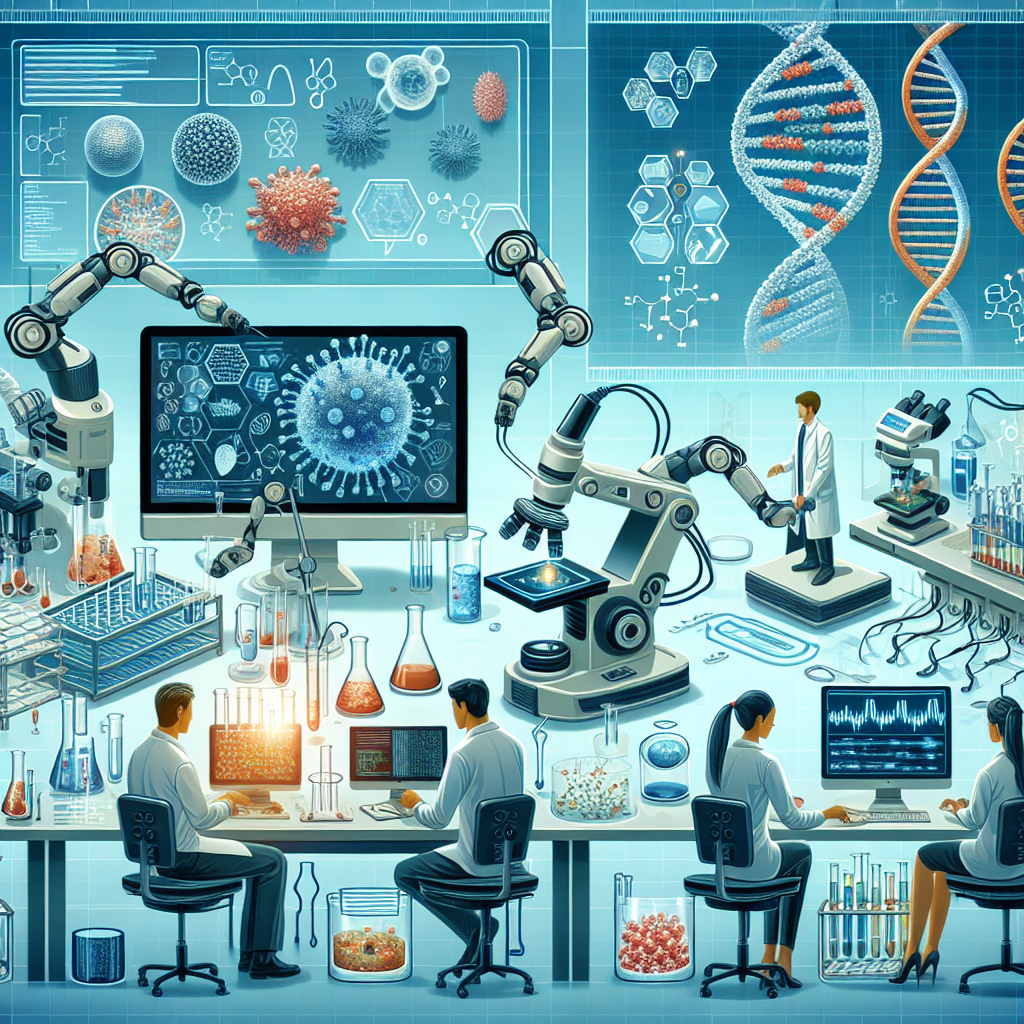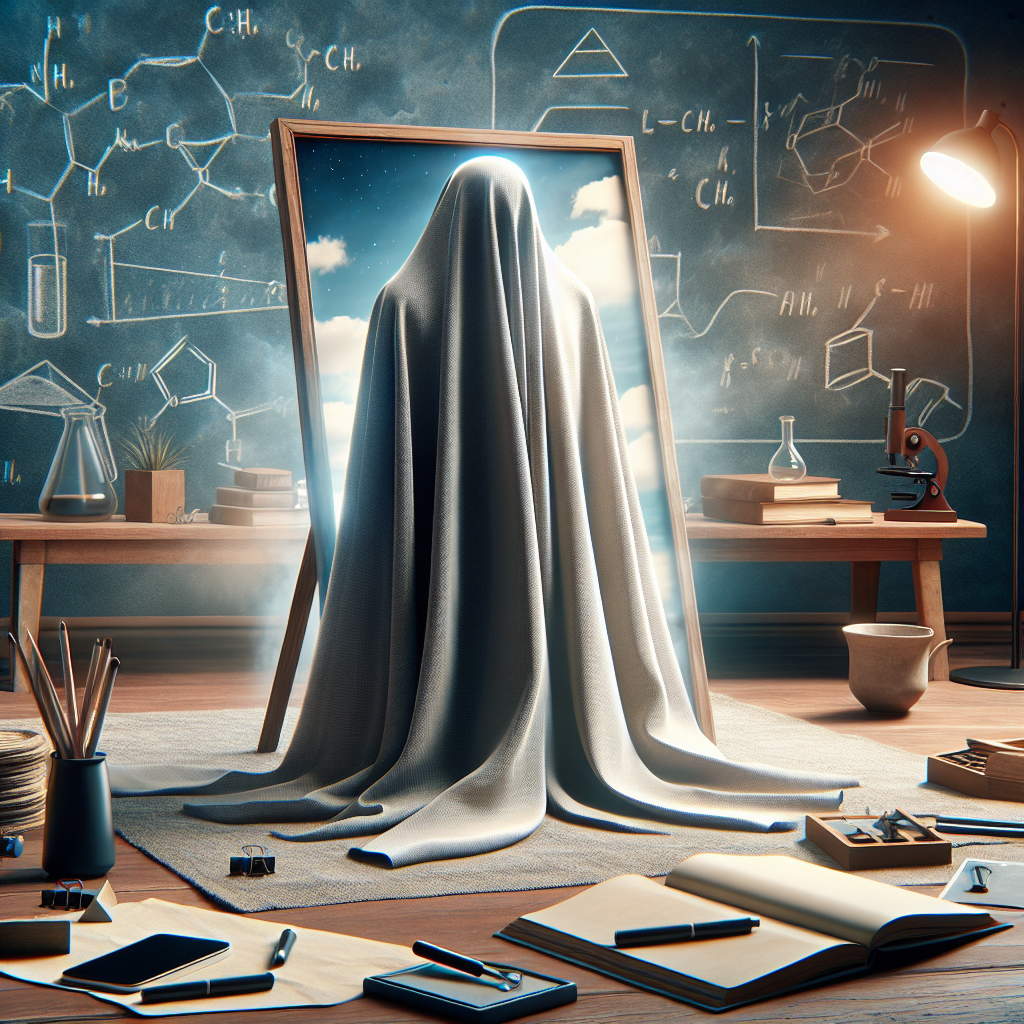The quest to create artificial life has fascinated scientists and philosophers for decades. Could humans design and build living organisms from scratch? Advances in synthetic biology and genetic engineering bring us closer to this reality than ever before.
In this article, we explore how close we are to creating artificial life, the breakthroughs that made it possible, and the ethical questions surrounding this exciting frontier.
What Is Artificial Life?
Artificial life (ALife) refers to life forms created by humans that exhibit biological processes such as metabolism, reproduction, and evolution but are engineered rather than naturally evolved.
Scientists approach this in two ways:
- Digital ALife: computer simulations mimicking biological processes
- Wet ALife: creating living cells or organisms using synthetic DNA and molecular building blocks
🔗 Also read: Could We Ever Create a Real Invisibility Cloak?
Milestones in Creating Artificial Life
In 2010, scientists at the J. Craig Venter Institute created the first synthetic bacterial cell by assembling a man-made genome and transplanting it into a bacterial host — a landmark in synthetic biology.
Since then, techniques like CRISPR gene editing and DNA synthesis have accelerated progress.
Researchers have also designed minimal genomes — cells stripped to the bare essentials required for life.
What Challenges Remain?
Despite progress, creating fully autonomous artificial life remains difficult because:
- Complexity of cellular systems and unknown interactions
- Energy management inside synthetic cells
- Ethical and safety concerns around releasing synthetic organisms
Scientists must ensure any synthetic life is safe and controllable.
📘 Understanding Synthetic Biology – Nature Journal (external)
Applications of Artificial Life
The potential applications are vast:
- Medicine: engineered bacteria that target cancer or infections
- Environment: microbes that break down pollutants or capture carbon dioxide
- Biofactories: organisms that produce biofuels, plastics, or medicines
This emerging field could revolutionize industries and help solve global problems.
Ethical Considerations
Creating life raises profound ethical questions:
- Should humans create new life forms?
- What regulations are needed to prevent misuse?
- How do we handle unforeseen consequences?
Debates continue among scientists, ethicists, and policymakers.
Final Thoughts
We’re on the brink of a new biological era. While creating artificial life is no longer science fiction, it demands careful stewardship.
By understanding synthetic biology’s promise and risks, we can harness its power responsibly — potentially transforming life itself.
Explore more science wonders:




